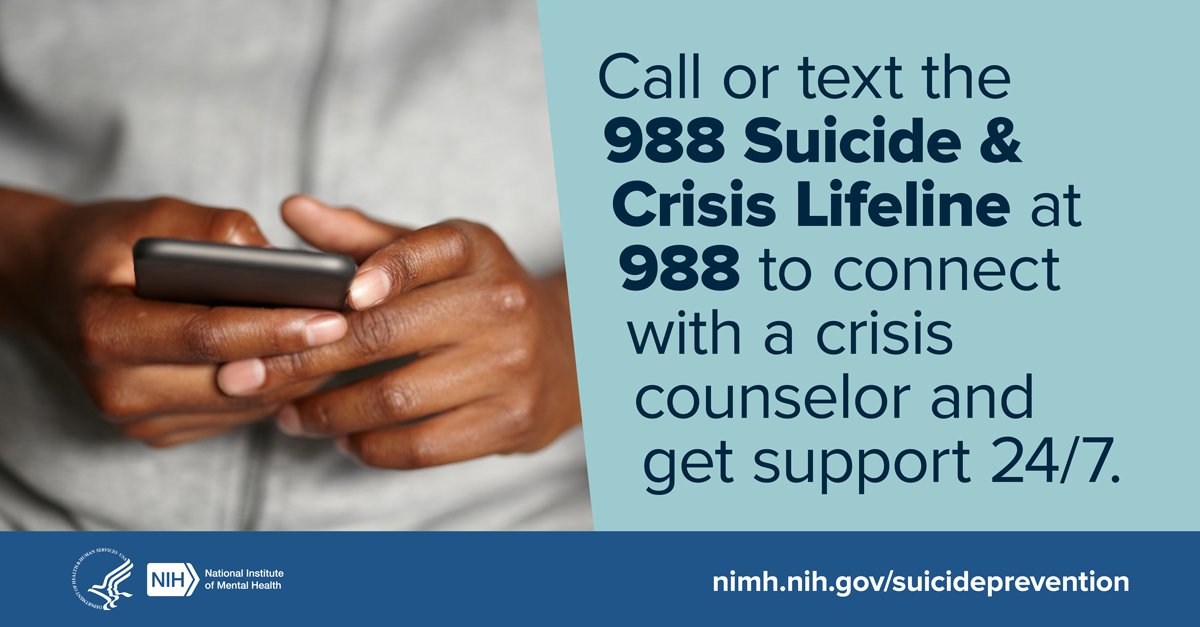CaroNova and Partners To Develop Statewide Initiative to Address the Youth Mental Health Crisis
CaroNova and partners have announced the development of a major effort to ensure youth across North Carolina have increased access to the behavioral health services they need. Changing Minds: The North Carolina Youth Behavioral Health Action Plan will bring together state leaders, subject matter experts, philanthropic funders, and other stakeholders to develop a comprehensive plan that more effectively delivers youth mental health services. On Monday, March 10, 2025, CaroNova along with partners outlined how this action plan will be developed.
NC Center for Health and Wellness Releases Mental Health Support Resources for Helene Recovery Efforts
In the wake of the hurricane, the NC Center for Health and Wellness and Social Bridging NC have produced two resources to support older adults and others affected by this event across the region, including responders and others working on the relief efforts: A webpage of curated long-term resources and a mini-guide of best practices for providing trauma-informed support through wellness checks in person or by phone.
May is Mental Health Awareness Month
May is Mental Health Awareness Month. Learn more about regional and national data, educational and support information, opportunities engagement, and other resources relating to mental and behavioral health needs, impacts, challenges and solutions.
Healthcare Workforce and the Student Health Ambassador Program - WNC HPI News Brief
North Carolina, like the rest of the United States, is facing a massive healthcare workforce shortage. With the state in need of nurses, caregivers, behavioral health specialists, physicians, and public health workers, a number of initiatives across the state are seeking to increase our healthcare workforce.
While some collaborations are looking big picture…in WNC…other initiatives are exposing students to the healthcare field and are building pathways for those students to enter that workforce. One program led by the North Carolina Center for Health & Wellness (NCCHW), Mountain Area Health Education Center (MAHEC), and the Dogwood Health Trust, in partnership with a number of universities in that region, have connected students to the critical field of healthcare with the Student Health Ambassador (SHA) program.
Access to mental health care in Western NC only partially helped by telehealth (reprint)
North Carolina ranks 39th in the nation for access to mental health care. Four million state residents — two in every five North Carolinians — live in an area with a mental health professional shortage and the situation is worse in rural counties, which have only 0.58 psychiatrists to every 10,000 people, compared to 1.79 per 10,000 in urban ones.
While the APA indicates that telehealth can be especially effective for depression, ADHD, and PTSD, not all mental health conditions are equally suited for telehealth. However, with such a severe mental health provider shortage in the region, doctors and patients — especially those in rural Western North Carolina — have to rely on telehealth, provided they have sufficient internet access. (Reprinted with permission from Carolina Public Press)





